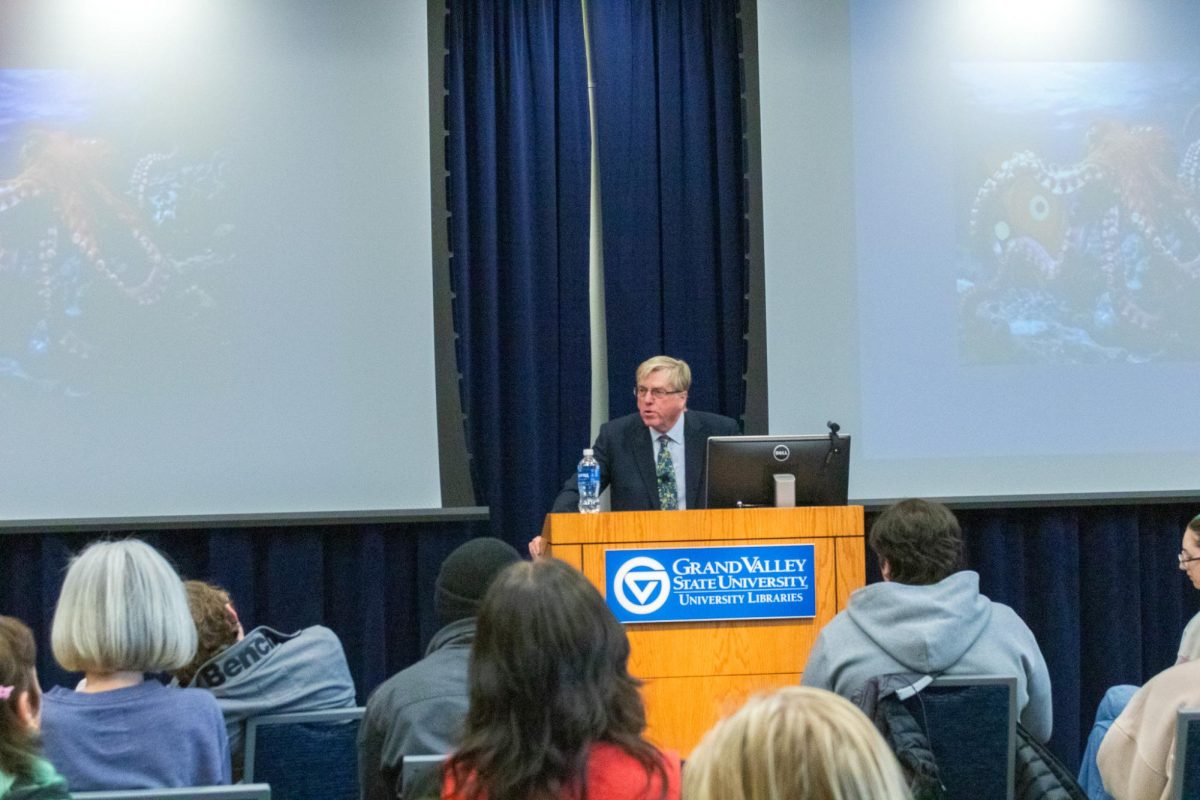Music festivals: An economic and social boom in the U.S.
Sep 15, 2018
Music festivals: an economic and social boom in the U.S.
Kendall Polidori , [email protected]
After attending my fair share of music festivals in the past two years, I’ve come to bask in their glory. I’m usually very cheap with my own money, but for some reason when it comes to concerts or music festivals, I go all out. Music festivals in the U.S. have become a sort of monopoly, bringing in great revenues for cities and promoting the life and culture of the city as well. Not only that, but they also bring together large groups of people to celebrate life and culture.
Music festivals, especially ones with multiple days such as Lollapalooza or Coachella, make a great dent in a person’s wallet. Not only are the tickets expensive, but the cost for food, drinks and merchandise really take a toll on people. Lollapalooza, for example, extended its weekend-long event to four days, bringing in more people and more money.
As expensive as it is, I am more than happy to throw my money toward these kinds of events, and apparently so are many other people. I recently read an article from WTTW written by Paris Schutz titled “Lollapalooza 2017: What is the City of Chicago Getting?” and it states that in 2016, Lollapalooza brought in almost 6 million dollars for the city of Chicago, compared to 2012, which brought in 2.5 million dollars. In more recent years, music festivals are getting bigger and drawing in a lot of people, which is such a great profit and promotion for the city that holds the event.
In the same article written by Schutz, it also states, “It calls for the parks to receive 13.75 percent of the admissions revenue this year, plus five percent of all sponsorship revenue in excess of $3.25 million, and five percent of all food and beverage revenue in excess of $3 million.” So, not only is the festival as a whole making major revenues, but so are the people that are putting in the work to make it possible. And who wouldn’t want to support these local vendors? Although pricey, the food is absolutely amazing and always worth it. (Especially in Chicago, they have Lou Malnati’s!).
As for the parks or locations that these are being held at, they do receive much of the downfalls that come with these events. Looking at Lollapalooza again, their festival is held in Chicago’s Grant Park, which is almost unrecognizable after four days of the festival. The accumulation of trash and damage to the park is excessive, which is almost expected after bringing that many different people together for four long days of music and eating.
This past year at Lollapalooza I noticed they had a stand that promoted recycling and offered people trash bags to help clean up the park while they were waiting for the next performance. Personally, I believe it’s up to the people who are attending to keep the park clean and take responsibility for their mess, so this was a great idea on Lolla’s part. It’s also just another way to bring people together and help each other keep their city beautiful.
Now, I believe what draws me into music festivals such as Lollapalooza the most is the atmosphere and culture of the whole event. There are so many people who are all so different, but as everyone comes together it’s like we’re all one. We’re all there for different reasons, but we can all appreciate the artistic and culture-driven feel that the festival brings us. You can be as expressive as you like and no one will say anything about it, which gives the event a comfortable and home-like feel. I have met so many people from all over the United States and from other countries as well.
Music festivals not only bring in a great amount of people and revenues into the cities they are being held in, but also shine light on the life and culture of the city. They are a great source of promoting the city as a whole, as well as local food and merchandise vendors and artists.






















